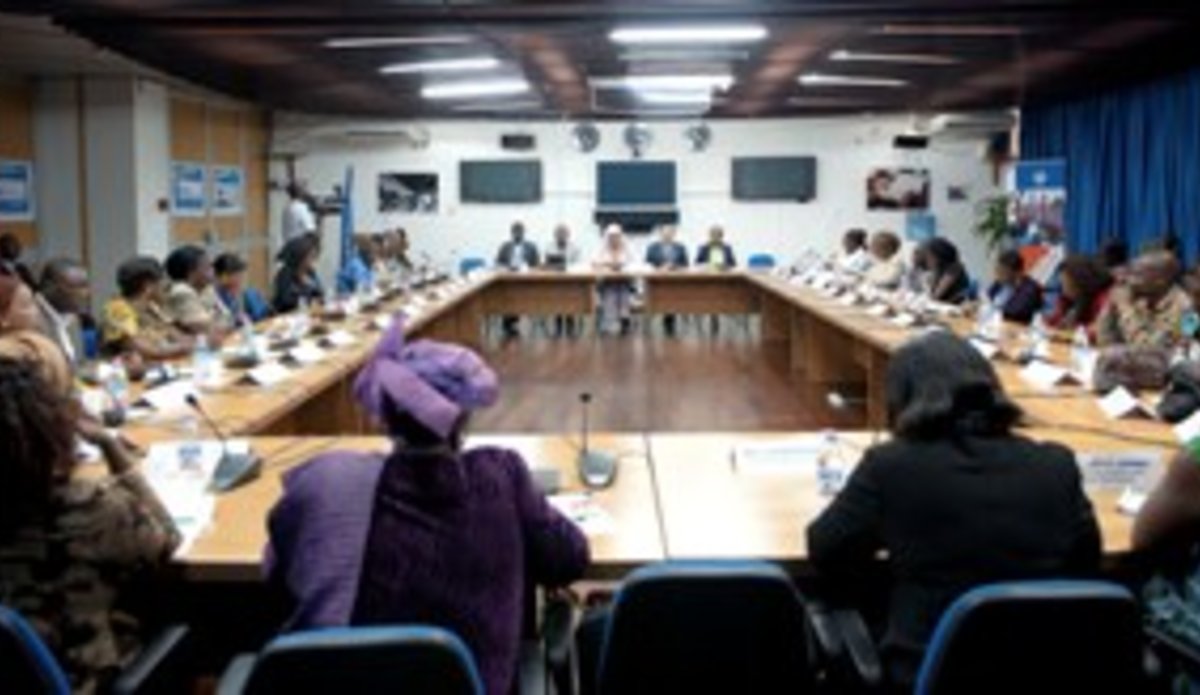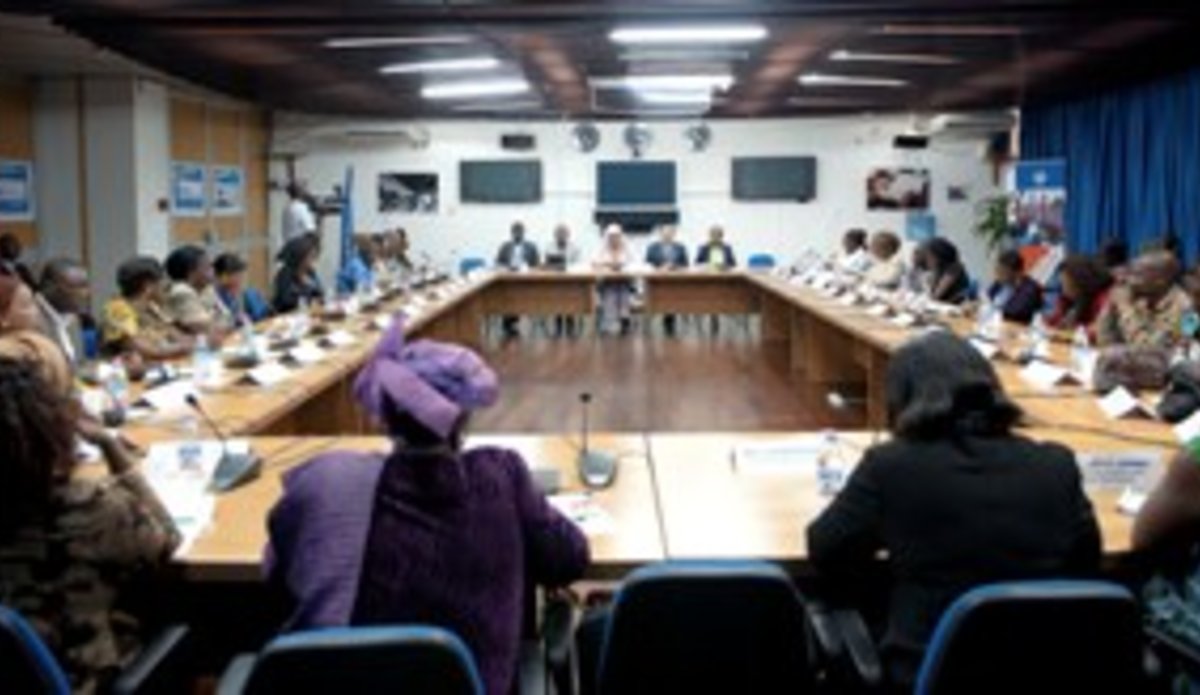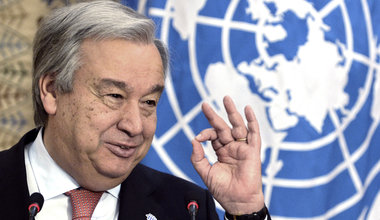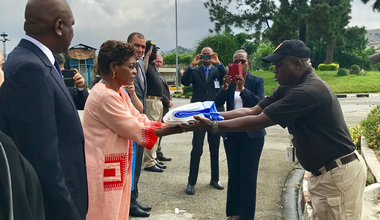SRSG makes first contact with women from civil society organisations
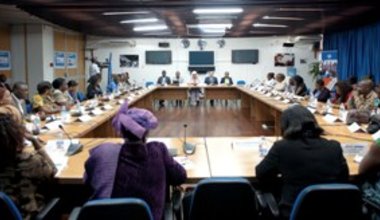
A high-level delegation of women from various civil society groups, on Wednesday, 28 August 2013, met with the Special Representative of the United Nations Secretary-General for Côte d'Ivoire, Aïchatou Mindaoudou, for the first time at the headquarters of the United Nations Operation in Côte d'Ivoire (UNOCI) in Abidjan.
The representatives of civil society discussed national reconciliation, social cohesion, security and social justice with the head of UNOCI. The highlighted the need for better participation of women in decision-making and politics. They also raised the issues of education and economic independence of women in rural and urban areas.
"It was crucial for me to meet with you and discuss with you in order to get your advice and suggestions and learn of your rich experiences in order for me to define the best way to contribute to the consolidation of peace and reconciliation process in accordance with UNOCI's mandate," Mrs Mindaoudou explained.
"A lot of things have been done thanks to the key role that you have played and continue to play through your involvement and dynamism in the promotion and preservation of peace and democracy in the country. This has to continue and must be supported," said the Special Representative, adding that a lot still remains to be done to consolidate peace through constructive dialogue and an inclusive national reconciliation process. Mrs Mindaoudou also expressed her determination to mobilize the United Nations family to support initiatives for dialogue and national reconciliation at all levels throughout the country.
Regarding the protection of women affected by the conflict, the chief of UNOCI, recalled particular sections of UN Security Council Resolution 2160: "The last UN Security Council Resolution 2160 reaffirmed the necessity to ensure the protection of women affected by conflict in Côte d'Ivoire as well as the need to ensure that women play their part in the return to normalcy in Côte d'Ivoire". She said the United Nations was here to support the efforts being made to implement UNSC Resolutions 1325, 1820, 1888, 1889.
Speaking at the end of the meeting, Professor Diabaté Touré Tenin welcomed the rapid reaction of the Special Representative which had responded to some of their concerns. "We raised the issue of human rights training for the university police," she said. IN addition, she welcomed the opportunity to discuss UNOCI's mission with the Special Representative. "Mrs Mindaoudou said she would make time for her sisters; I agree with her that women should be involved in the resolution of some their own problems," added Professor Diabaté Touré Tenin.
Since her arrival in Côte d'Ivoire as Special Representative of the United Nations Secretary-General, Mrs Mindaoudou has held a series of meetings with Ivorian authorities, political parties, religious leaders, traditional kings and chiefs, as well as civil society organizations.
 UN
UN United Nations Peacekeeping
United Nations Peacekeeping
